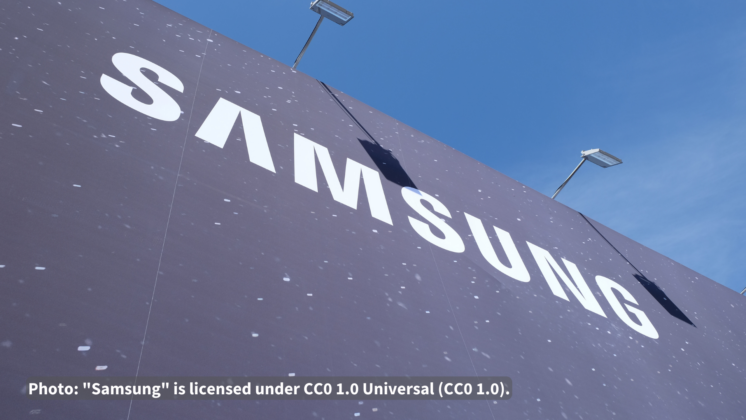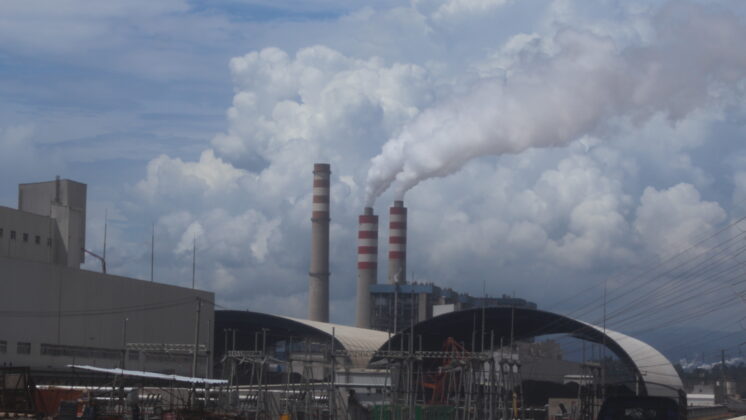In 'Spoiling Tbet. China and Resource Nationalism on the Roof of the World' by Gabriel Lafitte, a story emerges of the world’s factory, its’ insatiable appetite for minerals and energy, and Tibet’s place in this global commodity chain. The copper, gold, silver and other minerals found in abundance in Tibet are suddenly being mined, for the first time, on a global scale. This means that your next smartphone, if made in China, especially if made in the new manufacturing hubs of western China, will probably be powered by a lithium-ion battery reliant on lithium extracted from Tibet. Far from being remote, or only tangentially relevant to everyday life in the modern world, Tibet may soon be in your pocket. Apple’s new must-have bling product, its’ gold-plated iPhone, a big hit among China’s new rich, is also likely to contain Tibetan gold. Spoiling Tibet is the first book that investigates mining at the roof of the world.
Gabriel
Lafitte’s new book: Spoiling Tibet: China and Resource Nationalism on the Roof of the World,
is a revelation of China’s hunger for Tibetan natural resources, and of
the strong preference of Tibetan communities to protect their sacred
mountains, pilgrimage circuits and resource patrimony, even, if
necessary, with their lives.
In
a
book full of surprises,
a story emerges of the world’s factory, its’ insatiable appetite for
minerals and energy, and Tibet’s place in this global commodity chain.
The copper, gold, silver and other minerals found in abundance in Tibet
are suddenly being mined, for the first time, on a global scale. This
means that your next smartphone, if made in China, especially if made in
the new manufacturing hubs of western China,
will probably be powered by a lithium-ion battery reliant on lithium
extracted from Tibet. Far from being remote, or only tangentially
relevant to everyday life in the modern world, Tibet may soon be in your
pocket. Apple’s new must-have bling product, its’
gold-plated iPhone, a big hit among China’s new rich, is also likely to
contain Tibetan gold.
Tibetans
in exile have often expressed fears that their homeland has already
been despoiled, but there is
still time for China to reconsider leaving Tibet sustainable and
extensive; since even rapid exploitation of Tibetan minerals would not
add much to China’s demand for minerals. China’s growing use of Tibetan
minerals and hydropower to refine those minerals
now connect Tibet with global consumption, raising the prospect that a
new European Union regulatory regime to exclude conflict minerals may
expand to include consumer products made of Tibetan minerals. Tibetans
are likely to continue to protest against mining,
and such protests are increasingly
repressed
violently, which puts this issue on the agenda of everyone buying a mobile phone or tablet.
This
is one of several surprising conclusions of a book that is also about
Tibet’s mountainous landscapes
of solitude, the retreat caves of the great saints who explore the
nature of the human mind, undistracted by society, in the mountains.
China says Tibet’s rapid industrialisation merely follows the
universal
laws of development,
the slow ascent to modernity and civilisation that all countries must
climb. Tibetans see this quite differently. Not only does mining cause
great
environmental damage, since the major deposits are so close to Asia’s
greatest rivers, but mining is an intensification of land use that
neglects the surrounding productive countryside. Mining enclaves
concentrate money, technology and a workforce in a small
area, with maximum environmental impact; utterly reversing the logic of a
pastoral nomadic society which maintained the pastures through always
remaining mobile. The switch, from extensive, mobile land use to
intensive enclaves, far from being a law of history,
as China claims, is unsustainable, and will only accelerate the serious
degradation of Tibetan land triggered by recent state policy failures.
These are among the key arguments of Spoiling
Tibet: China and Resource Nationalism on the Roof of the World,
which connects the wave of protest suicides in Tibet to the increasing
intensity of mining, even in
officially protected areas and national parks. The Zed Books Asian
Arguments series, of which this book is part, provides readers with
access to much that is new, even counter-intuitive, in only 60,000
words. Gabriel Lafitte’s conclusion is that Tibet is not
yet spoiled, but soon will be, if all the state owned mining
corporations go ahead with their plans for the rapid extraction of
Tibetan minerals. Until recently, the gold rushes across Tibet were on a
much smaller scale, but highly destructive of the environment.
Now, the big mines are about to go into full scale operation.











